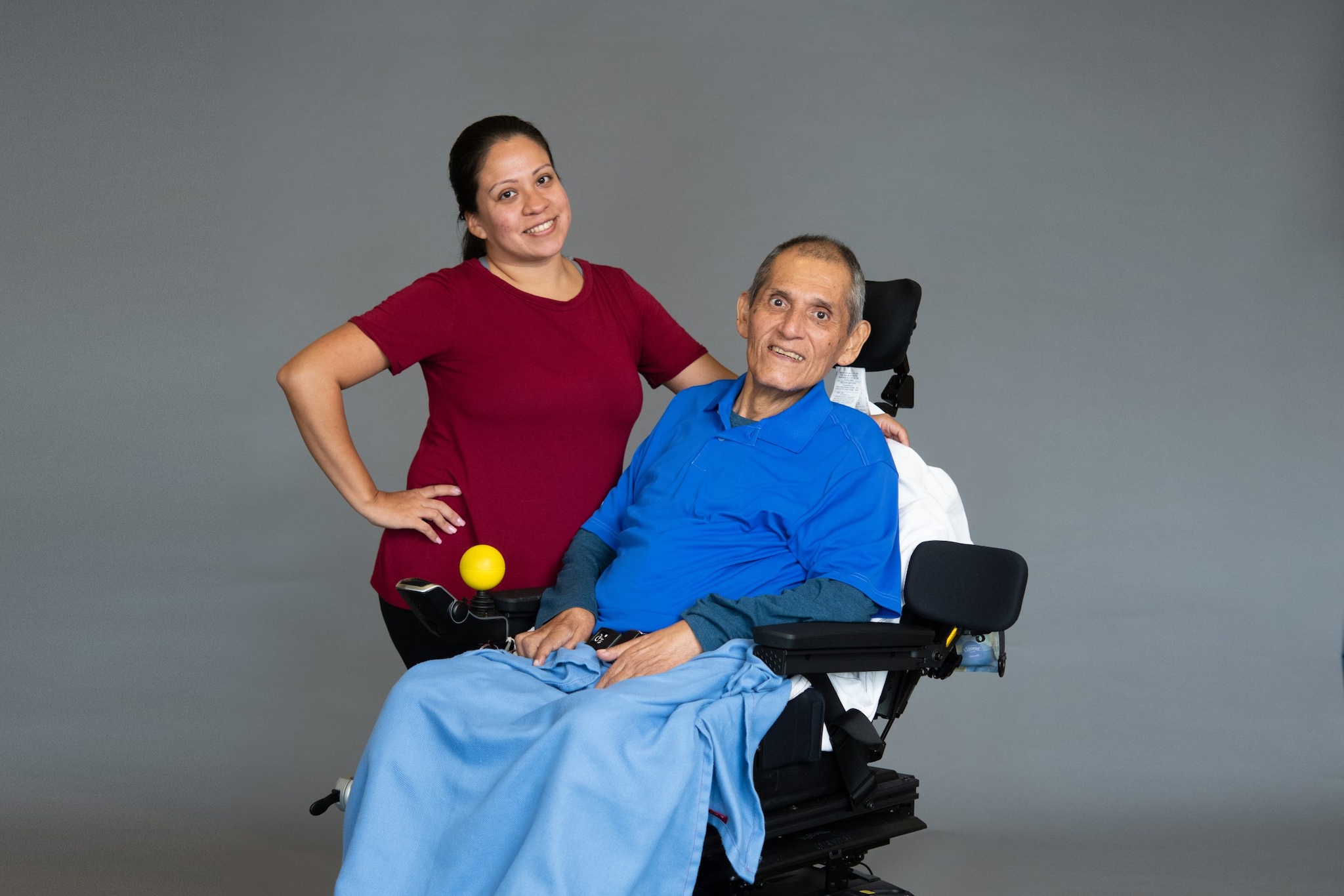Purpose
Sign up and read the ALS Registry's Newsletters

Featured Newsletter
National ALS Registry Turns 14

This October marked the 14th anniversary since CDC/ATSDR established the National ALS Registry to collect patient data, and work to benefit the ALS community and ALS research in the US. Research that we have supported has made great strides this past decade. However, we still have a long way to go to fully understand the disease. Despite the need for more research, the Registry is extremely grateful for the participation from all the people living with ALS around the country.
What is ALS?
Amyotrophic lateral sclerosis (ALS), also known as Lou Gehrig's disease, is a rapidly progressive, fatal neurological disease that affects nerve cells in the brain and spinal cord, causing nerves in the muscle to die, resulting in the loss of voluntary movement. People with the disease often die within two to five years after being diagnosed. The Registry is working to increase its understanding of the cause of ALS, why ALS strikes some people and not others, and how to stop it.
How Is the Registry Fulfilling Its Goals?
Since the Registry's launch, CDC/ATSDR has been able to provide information about the incidence, prevalence, and demographic characteristics of people living with ALS in the U.S. The latest Registry report on prevalence includes findings from 2018 which found around 30,000 people living with ALS in the US. Additionally, the Registry released the first of its kind reports on the prevalence of ALS at the state level within all 50 states, demographic differences between the Registry and clinical trial populations of people living with ALS, racial disparities in the diagnosis and prognosis of ALS, and the effects of COVID-19 on motor-neuron disease deaths. Research publications are not limited to the Registry's own papers. Over 120 publications from various universities, pharmaceutical companies, and research groups have used Registry data as part of their findings.
The Registry's online risk factor modules continue to offer Registry members a way to contribute to ongoing research through 18 surveys. The surveys collect detailed information from people living with ALS on such topics as occupation, military, residential, and trauma history to better learn about potential risk factors for developing the disease. To date, over 110,000 survey modules in the Registry have been completed by people living with ALS.
Clinical Trial Notification Mechanism
Research is critical to helping scientists and persons living with ALS better understand the disease. The overarching goal of the research is to examine potential risk factors for developing ALS. To help identify these risk factors, the Registry's Clinical Trial Notification mechanism connects individuals with ALS with scientists who are recruiting participants for their ALS studies and clinical trials. Since this became available, over 90% of Registry-enrolled people living with ALS have chosen to receive email notifications about research opportunities. So far, CDC/ATSDR has helped over 75 studies, domestically and abroad, recruit thousands of patients for research.
Research
A critical function of the National ALS Registry is funding important research to learn more about risk factors and what may cause ALS.
To date, CDC/ATSDR has funded 25 research studies domestically and one international study. In the past year alone, the National ALS Registry has funded two studies investigating ALS risk factors—one by the University of Michigan looking at occupational risks and the other by the ALS Therapy Development Foundation looking for risk factors in patient natural history data; and is currently seeking applicants for a new funding opportunity to research potential ALS risk factors. The full list of projects the Registry has funded can be found on our Funded Research Page.
National ALS Biorepository
The ALS Registry is also about to reach its 8-year anniversary of the National ALS Biorepository, which continues to enroll a representative, population-based sample of Registry participants. This Biorepository is a free, voluntary service provided to people living with ALS who have registered with the Registry, allowing them to donate biospecimen samples in an effort to directly participate in research. The Biorepository currently has over 1500 biospecimen samples (blood, saliva, plasma, urine, etc.) and almost 100 samples from those who have passed away (brain tissue, cerebral-spinal fluid, spinal cord tissue, muscle tissue, etc.). Researchers from across the country can request access to the biospecimen samples held by the National ALS Biorepository. As of 2024, 27 different research studies have used samples from the National Biorepository.
ALS Research Counts on You
The more people living with ALS who join the Registry, the more researchers can create a complete picture of ALS. Understanding the risk factors that contribute to developing ALS can help find the causes of ALS, while data from those who are part of the Registry can also help lead developing effective treatment. We encourage everyone to learn more about the Registry and spread the word about how it is moving the fight forward against ALS. Learn more about the National ALS Registry.
